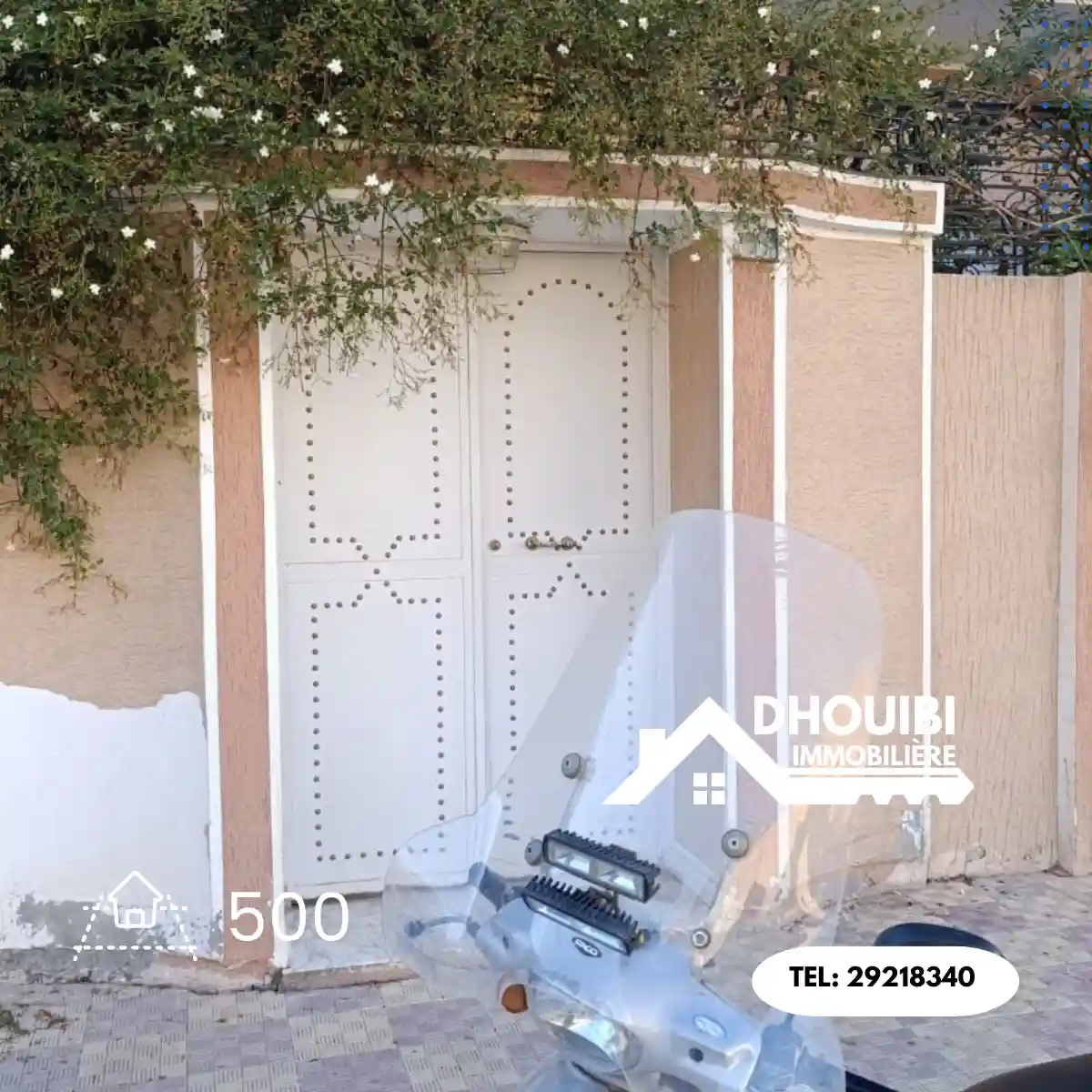By: Aciel Kafu – Legal researcher
The Council of Ministers recently issued Decision No. 2 of 2024 (“Decision«) relating to the constitution of the Committee to combat commercial concealment (“)Committee“) and determining its remuneration and operating methods. The decision came into force after its publication in the Official Journal. With its foundation anchored in Law No. 3 of 2023 (“Anti-concealment law“), the Committee aims to combat concealment practices within the commercial sector in Qatar.
Article 1 of the Anti-Concealment Law defines “concealment” as allowing a non-Qatari person, whether a natural or legal person, to engage in or carry on any commercial, economic or professional activity , or to invest in such activities, without obtaining authorization. . permit required. Concealment also involves granting a non-Qatari person a percentage of ownership greater than the percentage stipulated in a company’s statutes.
According to Section 5 of the Anti-Concealment Law, the Committee’s responsibilities include formulating and supervising the implementation of anti-concealment plans and programs, and working with relevant entities to enforce legislation combating such practice. . of concealment. The Committee also receives, evaluates and returns notifications from the Public Prosecutor’s Office relating to violations of the anti-receipt law.
In addition, the Committee facilitates the exchange of information between competent authorities and implements measures to combat concealment activities. It actively engages with government and private entities to develop public awareness programs and may undertake any other activities specified by the Council of Ministers.
The Committee meets when convened by the President and must be composed of a majority of the members and the President or his deputy. Subject to Article 9 of the Decision, the Committee Secretariat receives notifications regarding concealment violations that are submitted to the Chair. The Chairman may then ask the Committee or one of the Committee members to gather evidence, before presenting a case to the Committee. A designated member of the Committee may request and collect additional information or data regarding the notice. In addition, and as provided for in Article 11 of the Decision, the member responsible for examining the summons will then request the presence of the offender and provide information relating to the summons, in particular the name of the person testifying, the reason for notification. , the date of the hearing and all relevant documents required.
Article 12 prescribes the procedures for the interrogation of persons accused of receiving stolen goods. A designated member must inform the accused of the facts attributed to the violation as well as the nature of the offense, including all evidence involved, allowing the accused to be represented by counsel during questioning. If the accused fails to appear for questioning without a valid excuse, the Committee may take additional steps to further investigate the notice. As stated in Article 13, the member responsible for investigating the opinion must document in Arabic the investigation procedures in a signed record prepared by the Secretary of the Committee, which is then submitted to the Committee as a whole with the relevant documents. The commission then transmits the opinion, accompanied by the file, the file and related documents, to the public prosecutor for further action.
#Comment #decision #Council #Ministers #creation #Committee #Combat #Commercial #Revenue
lawyer of qatar, Fight, Comment, commercial, Committee, Advice, Council of qatar, Decision, divorce lawyer in qatar, doha law firms, doha lawyer, creation, law firm in doha, qatar law firm , law firm in qatar, lawyer doha, lawyer qatar, lawyers in doha qatar, ministers, receipts, lawyer Doha
#Comment #decision #Council #Ministers #creation #Committee #Combat #Commercial #Revenue
#Comment #decision #Council #Ministers #creating #Committee #Fight #Commercial #Revenue





